The Spanish Flu of 1918…
The Asian Flu of 1957…
The Hong Kong Flu of 1968…
The HIV/AIDS Epidemic of 1981…
The H1N1 Flu of 2009…
The COVID-19 Pandemic of 2019…
As many of you know, I am a financial planner and investment advisor… but you may or may not know that I am also a pharmacist. So, this latest market correction touches two unique areas of training in which I have extensive background and experience… The bear market we are now experiencing has been triggered primarily due to a healthcare crisis.
Not that it wasn’t time for a correction anyway. As many have heard me say for the past few years, I felt the market was overdue for some type of pullback. For that to happen, there usually has to be a triggering event. In this case, it was unfortunately, a pandemic.
When markets fall as rapidly as they have over the last few weeks and the country is going into lockdown, it’s reasonable to be worried about a situation that seems unprecedented.
But let’s not panic, because we’ve been here before.
The last outbreak to achieve pandemic status was the H1N1 Swine flu, which hit U.S. soil in April 2009.1 You might hardly remember it because markets were on a tear after bottoming out in March 2009 and the outbreak barely registered on investors.
But, some say that COVID-19 is nothing like recent epidemics.
So let’s take a look at one of history’s worst pandemics: The 1918 Spanish Flu. Nearly one-third of the world’s population contracted the disease and more than 50 million died in just 15 months.2
Despite the human toll, the Dow actually rose during the 1918 Spanish Flu pandemic.

Chart source: Source: MacroTrends, CDC, NIH, NBER
The Spanish Flu led to quarantines, labor shortages, and contributed to a short recession in the aftermath of WWI.3 But, while markets were extremely volatile during 1918, they returned to an upward trajectory by early 1919 before the pandemic was officially over.
In spite of the business interruptions, the Spanish Flu only caused an estimated 0.5% hit to annual GDP.4
History shows us that pandemics are not that uncommon, and their effect on markets is typically short-lived.

Chart source: MacroTrends, CDC
Historically, pandemics have struck the U.S. regularly over the last 100 years. Though outbreaks sometimes precipitated or accompanied market declines, stocks typically regained ground quickly as the epidemic subsided.
The past can’t predict the future, but it’s a good reminder that pandemics are not the only driver of market movements. Economic fundamentals, business health, and future earnings all drive long-term market trends.
My goal isn’t to downplay the seriousness of the outbreak. We are in the exponential growth period of the virus and experts don’t think it’s going away soon. However, markets are running on fear and uncertainty more than rational assessments of the future.
What should you do right now?
- Don’t buy or sell based on headlines. There’s a lot of fear, speculation, and uncertainty feeding market volatility.
- Focus on staying healthy and taking sensible precautions to keep yourself and your family safe, especially if you have loved ones who are at higher risk of complications from the virus.
- Show the people around you some extra kindness in these days of anxiety. Let’s be grateful for the medical professionals on the front lines and the hard-working folks keeping stores stocked.
- Remember that we as a nation have been through viruses, epidemics, wars, and extreme economic times. So, we’ve been “here” before, and we have the resources we need to get through this. (As I write this, a coronavirus vaccine is now being tested and the first commercially available test kit has just been approved by the FDA.)
We’re watching markets so you don’t have to.
When markets fall off a cliff and economic upheaval is on the horizon, professional advice is one of the best tools you can have to cut through the noise and make rational decisions.
We are closely monitoring the markets, the economy and new developments. We’re looking after your portfolio, seeking out opportunities, and making plans for next steps. Your advisor will be in touch if updates are needed.
If you have ANY questions or would like to discuss your investment strategy, please reach out your advisor by phone or email. We are here for you and happy to talk. If you are not currently a client, please feel free to contact us and we welcome the opportunity to see if we can be of service.
Warmly,
Steven A. Boorstein, PharmD, CFP®
RockCrest Financial L.L.C.
Schedule a phone, in-person or web meeting
5 South Main Street, Suite A
Williamstown, NJ 08094
Tel. 856-694-3288 Fax 856-694-3299
P.S. If someone you care about is worrying about markets right now, please reach out and let us know. Although our primary responsibility is to current clients, on a limited basis, we have time each week for other folks who need professional advice right now. Just give the office a call at (856) 694-3288 and we’ll take care of them for you.
1https://www.cdc.gov/flu/pandemic-resources/2009-h1n1-pandemic.html
2https://www.smithsonianmag.com/history/journal-plague-year-180965222/
3https://www.smithsonianmag.com/history/how-1918-flu-pandemic-helped-advance-womens-rights-180968311/
4https://finance.yahoo.com/news/information-past-pandemics-learn-literature-222750122.html
Risk Disclosure: Investing involves risk including the potential loss of principal. No investment strategy can guarantee a profit or protect against loss in periods of declining values. Past performance does not guarantee future results.
This material is for information purposes only and is not intended as an offer or solicitation with respect to the purchase or sale of any security. The content is developed from sources believed to be providing accurate information; no warranty, expressed or implied, is made regarding accuracy, adequacy, completeness, legality, reliability or usefulness of any information. Consult your financial professional before making any investment decision. For illustrative use only. The Dow Jones Industrial Average index is a price-weighted average of 30 of the largest American publicly traded companies traded on the NYSE and NASDAQ. Indexes are not available for direct investment. The performance of the index excludes any taxes, fees and expenses.
Opinions expressed are subject to change without notice and are not intended as investment advice or to predict future performance.

